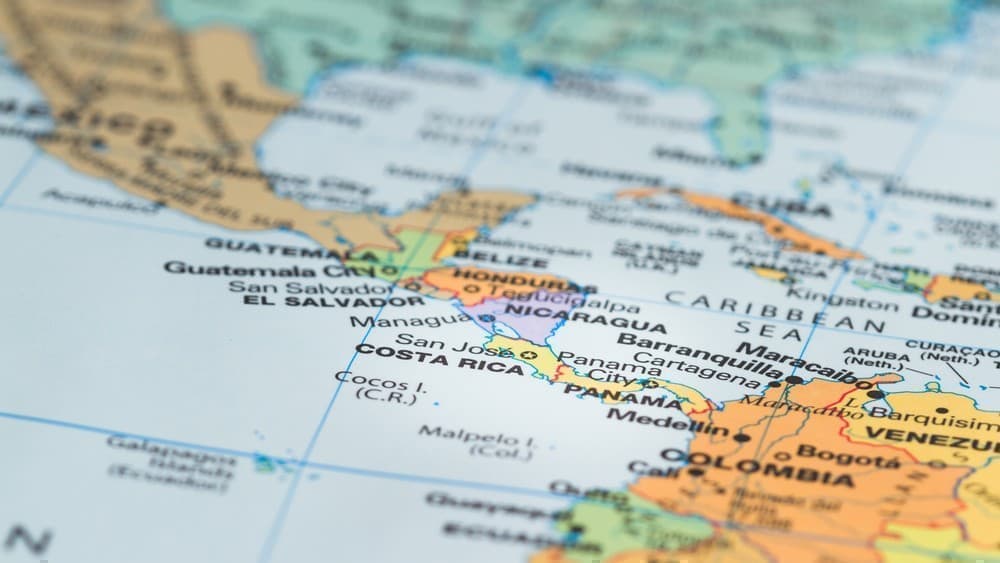Donald Trump has once again caused a stir, this time with a series of Christmas Day social media posts concerning Greenland, Canada, and the Panama Canal. His remarks, marked by inflammatory language and self-important pseudo-statesmanship, may seem ridiculous, but they reveal deeper insights into his worldview, particularly his outdated perspectives on foreign policy. Trump’s statements, though awkwardly presented, contain elements that resonate with older, nationalistic ideologies, and although misguided, they reflect certain strands of American exceptionalism.
Trump’s comments about Canada, such as the suggestion that it should become the 51st U.S. state or that hockey legend Wayne Gretzky should become the country’s prime minister, were largely dismissible as rhetorical jabs. These remarks are not new, as the idea of Canada’s dependency on the U.S. has long existed in the historical relationship between the two countries. While the idea of Canada as a U.S. state is absurd, it taps into a long-standing rivalry and dynamic between the neighboring nations that stretches back to the colonial era.
The historical tension between Canada and the U.S. is rooted in the idea that Canada has often been seen as an extension of American interests, though this notion is far from the full truth. Other nations neighboring great powers share similar insecurities, with countries like Ireland, Finland, and Belgium also grappling with complex dynamics related to their larger neighbors. This historical backdrop helps explain why Trump’s rhetoric, while hyperbolic, fits into a larger American tradition of viewing neighboring countries as somehow lesser or subordinate.

Trump’s statements about Greenland and Panama, however, were more concerning and less easily dismissed. His erroneous claims about China “lovingly” operating the Panama Canal and the construction’s death toll reveal a lack of understanding of history. His exaggeration of the number of American deaths during the canal’s construction also muddied the facts. The actual deaths, mostly among Caribbean laborers during the failed French attempt to build the canal, were far less than Trump suggested. This historical inaccuracy points to a larger issue with Trump’s approach to foreign relations, one that is both misguided and deeply uninformed.
Beyond the inaccuracies in Trump’s claims, the broader historical context of the Panama Canal and Greenland is key to understanding his views. Both locations are linked to centuries of colonialism and imperialism, long before America became a global power. Panama, once a Spanish colony, became central to U.S. geopolitical strategy, particularly with the canal, which has long been a symbol of American interventionism. Greenland, too, has a complex history, first settled by the Norse and later becoming part of Denmark, further complicating the simplistic narratives Trump offers.
Trump’s suggestions about reclaiming control of the Panama Canal and purchasing Greenland are not original ideas; they have been floated by American policymakers, particularly in the mid-20th century during the Cold War era. The idea of buying Greenland was even considered by the Truman and Eisenhower administrations, and opposition to the Panama Canal treaty in the 1970s was fierce among conservatives. Trump’s beliefs are deeply rooted in this older strain of U.S. imperialism, reflecting his connection to a bygone era of geopolitical thinking.
While Trump’s stance on foreign entanglements is often portrayed as isolationist, his desire to control places like the Panama Canal and Greenland reveals a contradiction in his foreign policy approach. Trump’s opposition to costly foreign wars contrasts with his willingness to intervene in smaller countries or take them under U.S. control if it aligns with his vision. This reflects a broader American fantasy of empire, where military interventions are viewed as necessary only when they are economically or strategically advantageous.
This imperialist mindset fits within the broader MAGA (Make America Great Again) philosophy, which seeks to turn back the clock to a time when the U.S. was more powerful and its dominance in the world was unquestioned. Trump’s fixation on Greenland and the Panama Canal can be seen as a reflection of this desire to undo historical changes, including the loss of imperial control over foreign territories. By reclaiming these places, Trump believes America can regain a sense of supremacy and control over global affairs.
The realities of Greenland’s independence and Panama’s sovereignty make Trump’s proposals seem absurd, but they also highlight deeper truths about American foreign policy. Greenland, despite its dependence on Denmark for financial support, is unlikely to be sold to the U.S., and Panama has been fully sovereign over the canal for decades. Trump’s failure to grasp these geopolitical realities suggests a broader misunderstanding of modern international politics. Yet his comments reveal an underlying truth about America’s imperial past, showing that such fantasies of control over foreign lands are not as far removed from American history as many might wish to believe.
Finally, while Trump’s ideas about Greenland and the Panama Canal may seem laughable, they are reflective of a persistent strain of American exceptionalism and imperialism. These ideas, while out of place in the modern world, resonate with a historical mindset that still lingers in certain political circles. Trump’s grasp of history may be shaky, but his proposals force a reckoning with the colonial and imperial legacies that continue to shape U.S. foreign policy today. Despite the absurdity of his ideas, they offer a stark reminder of America’s complicated and often uncomfortable history with foreign lands and peoples.
